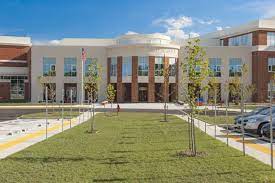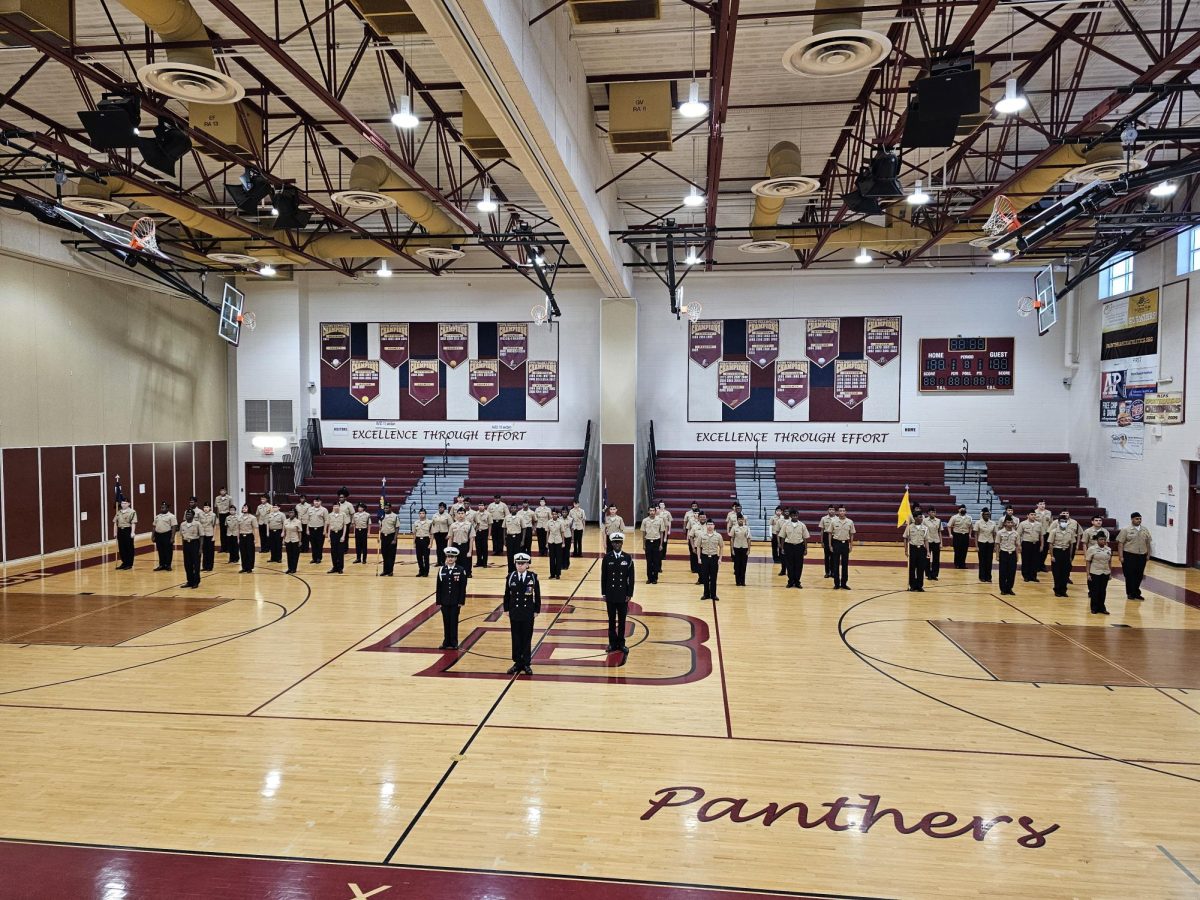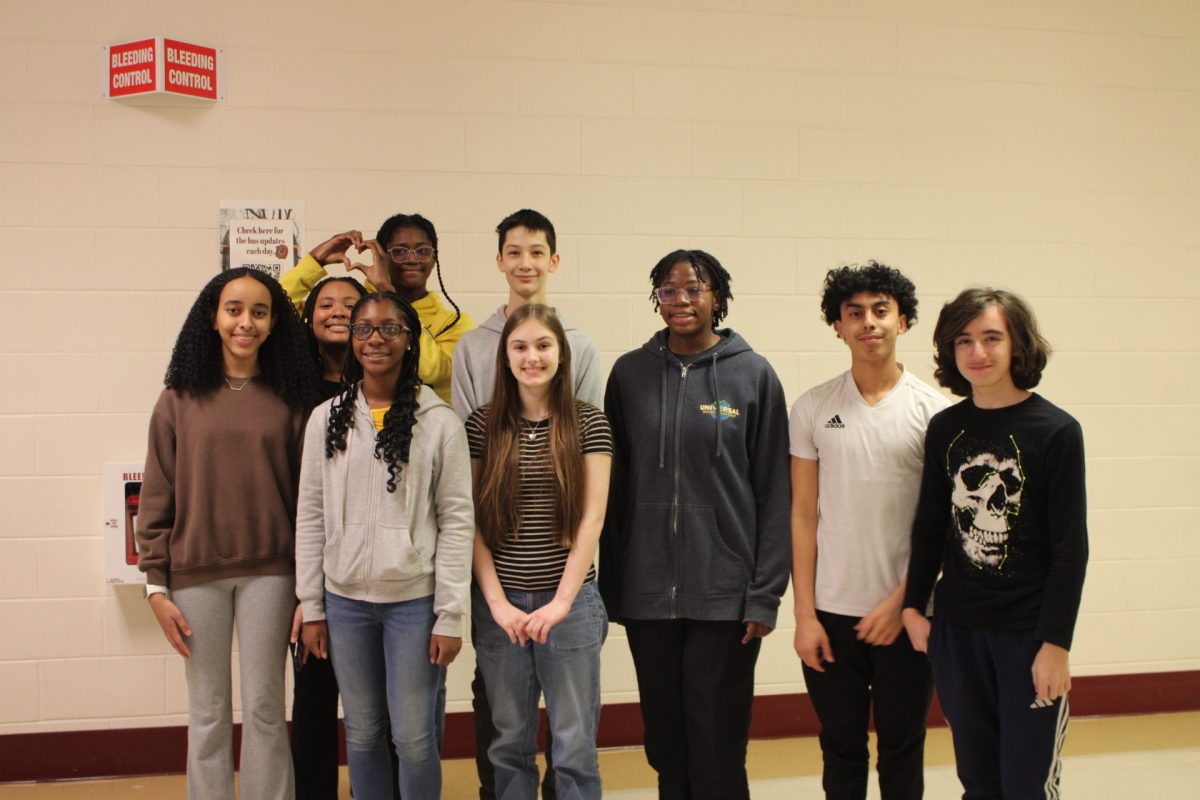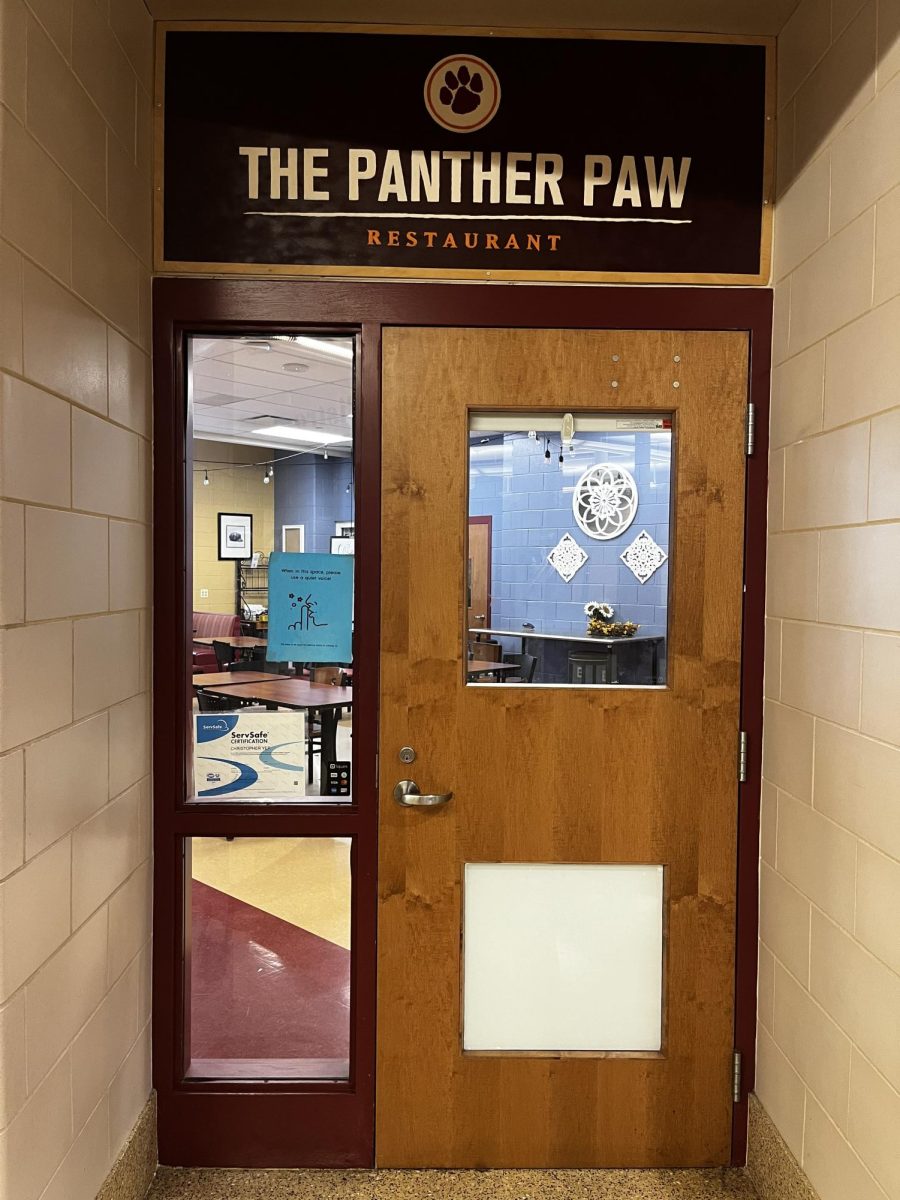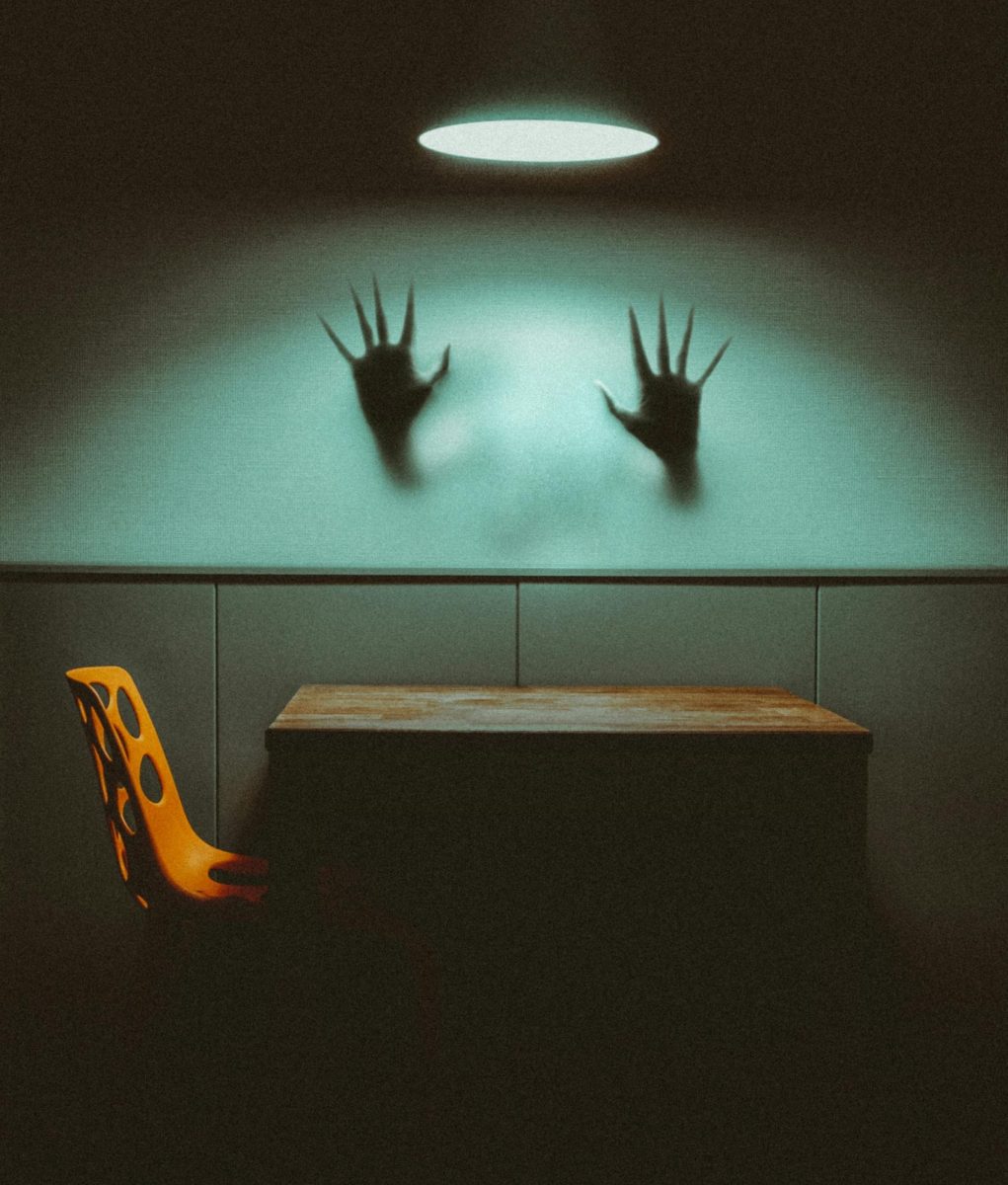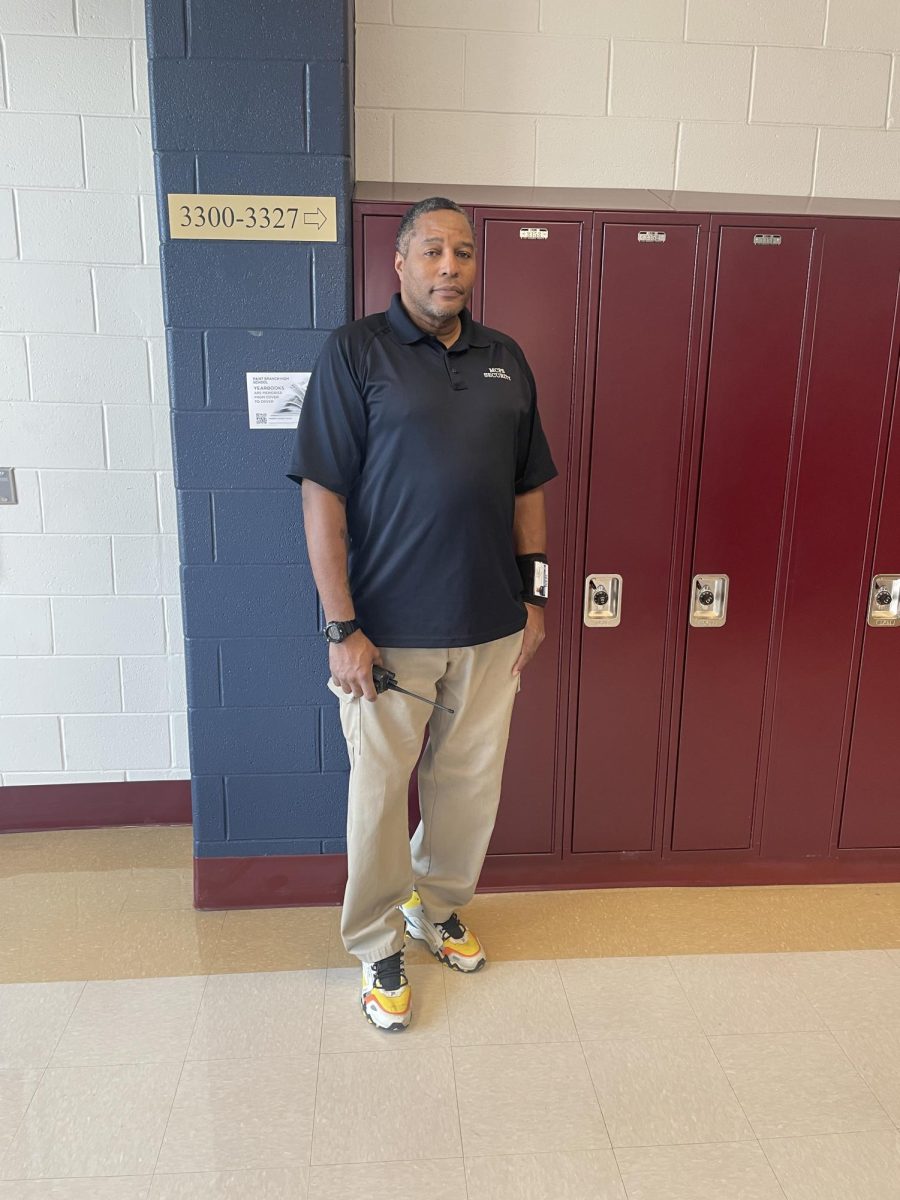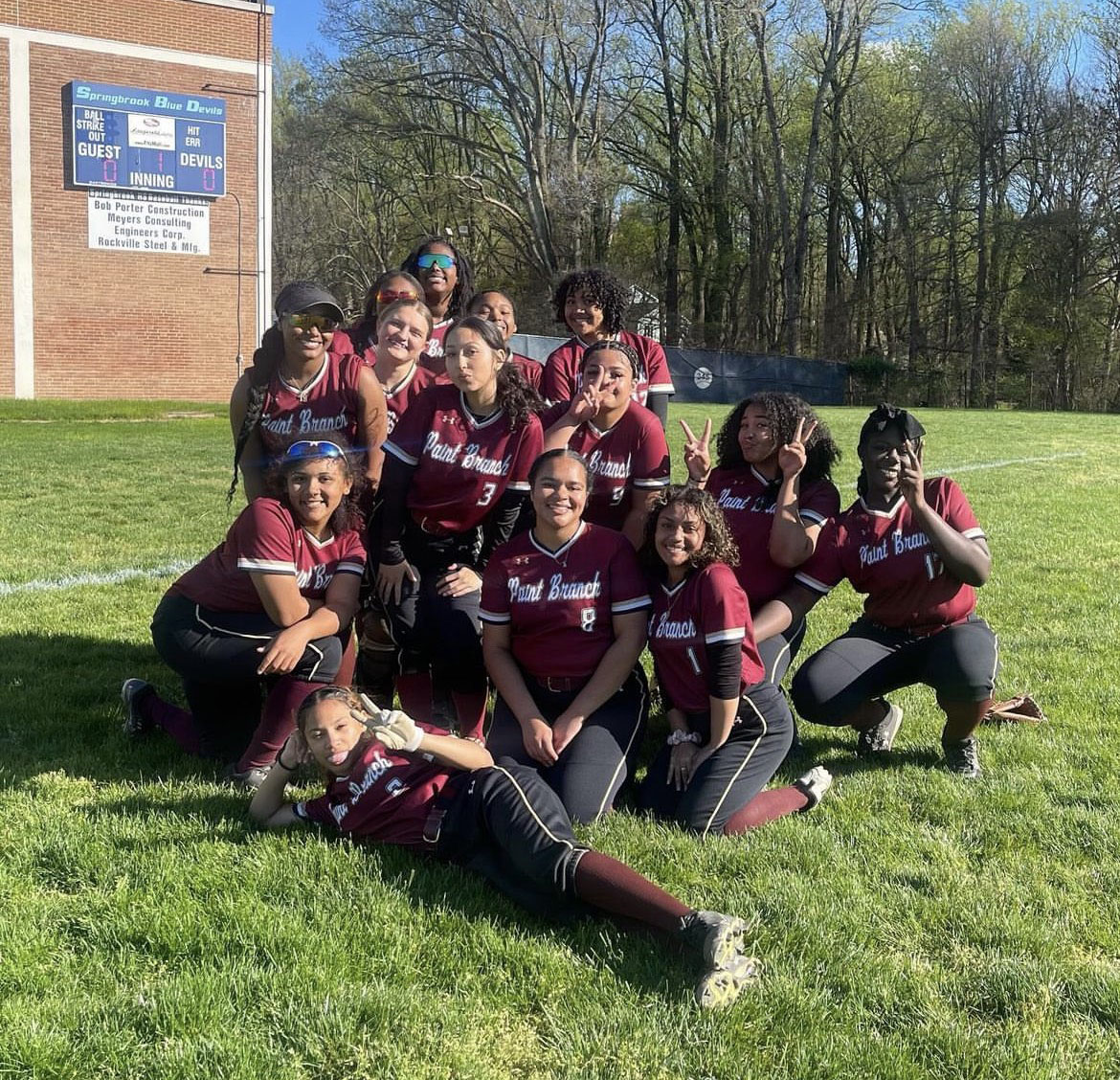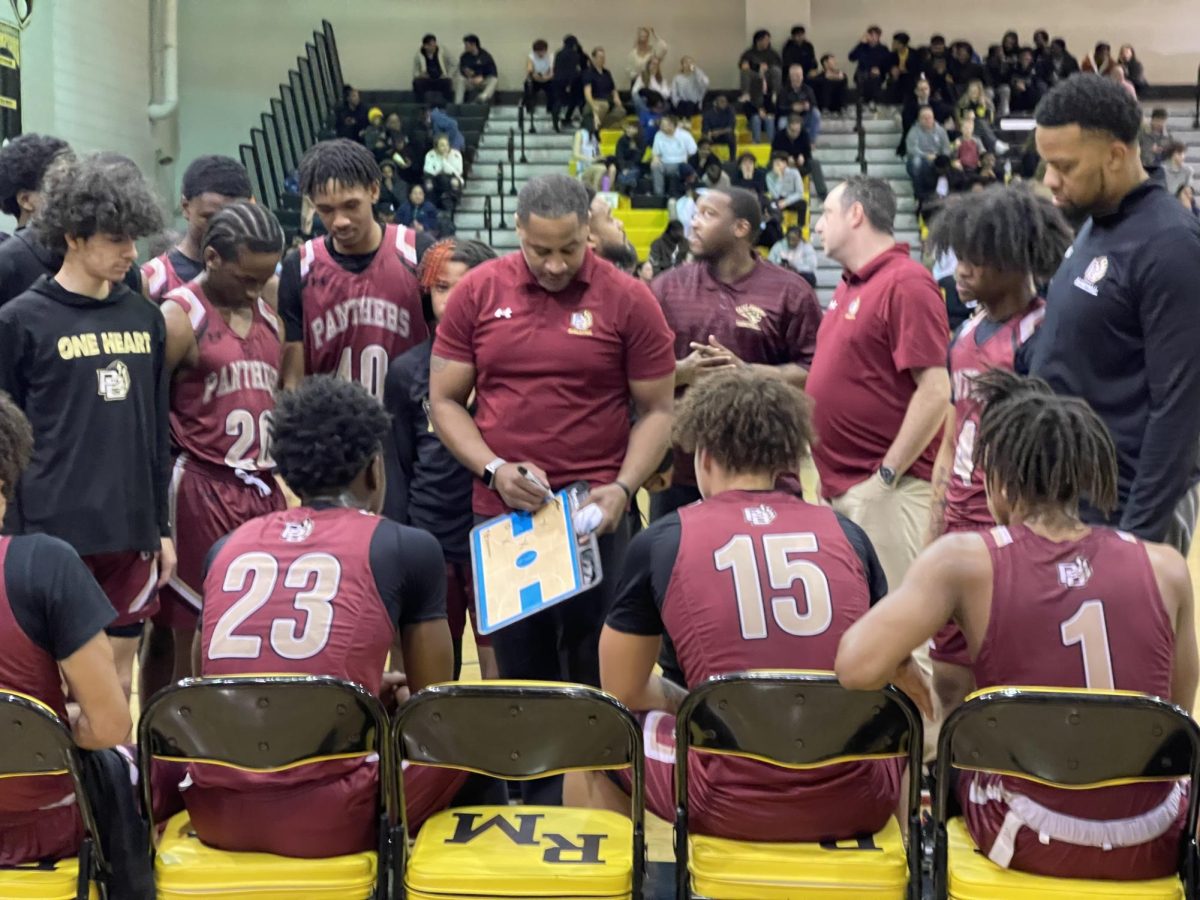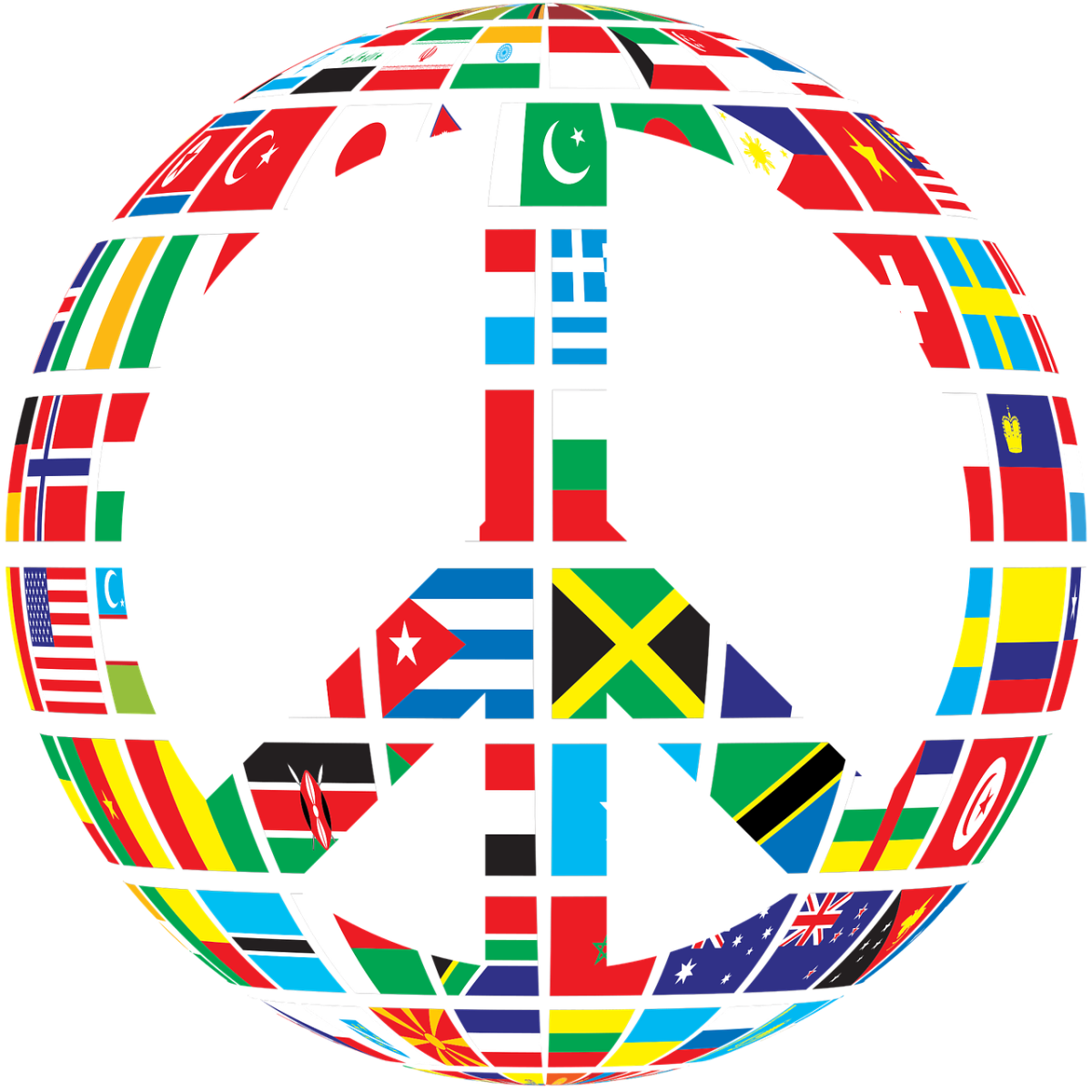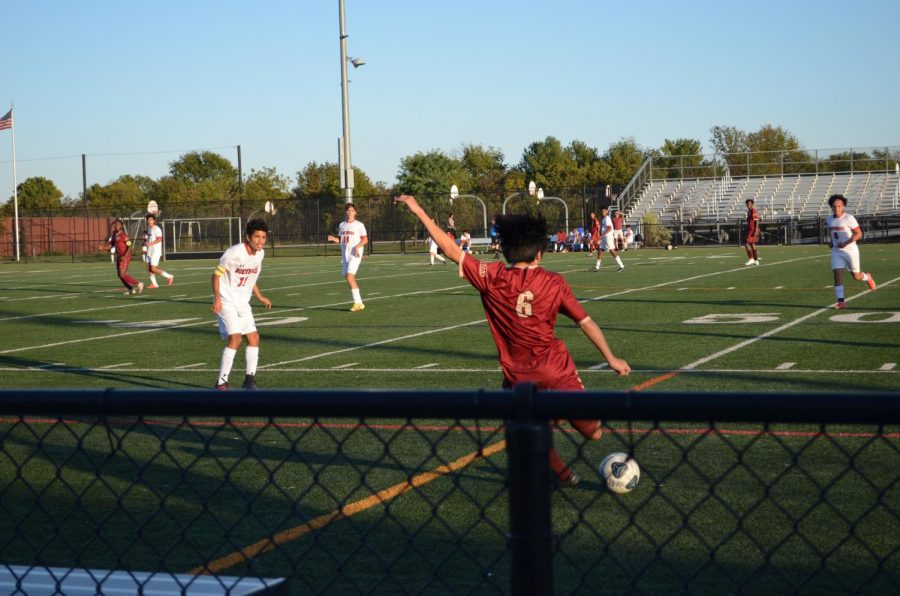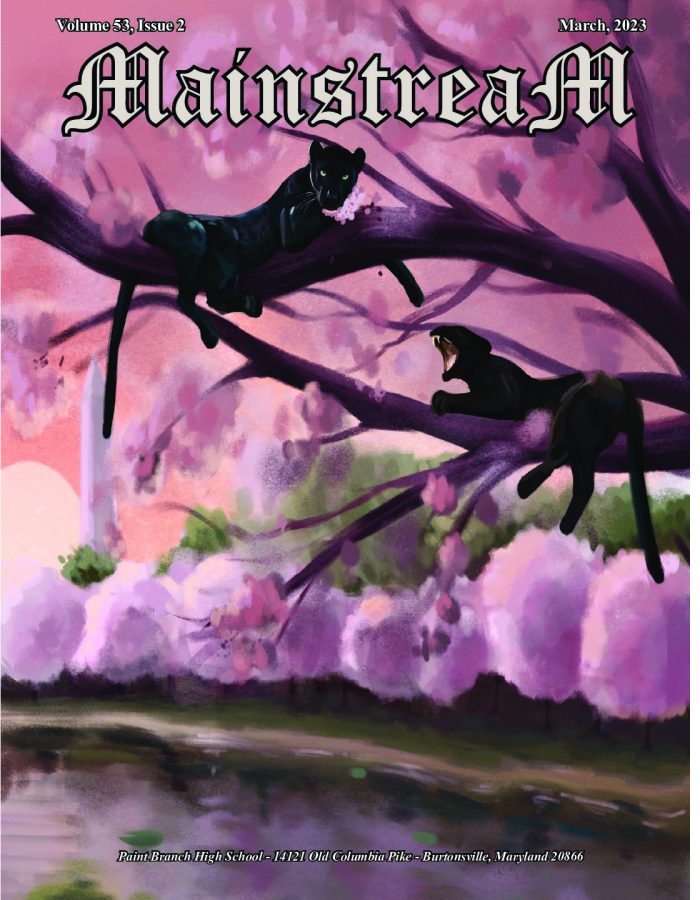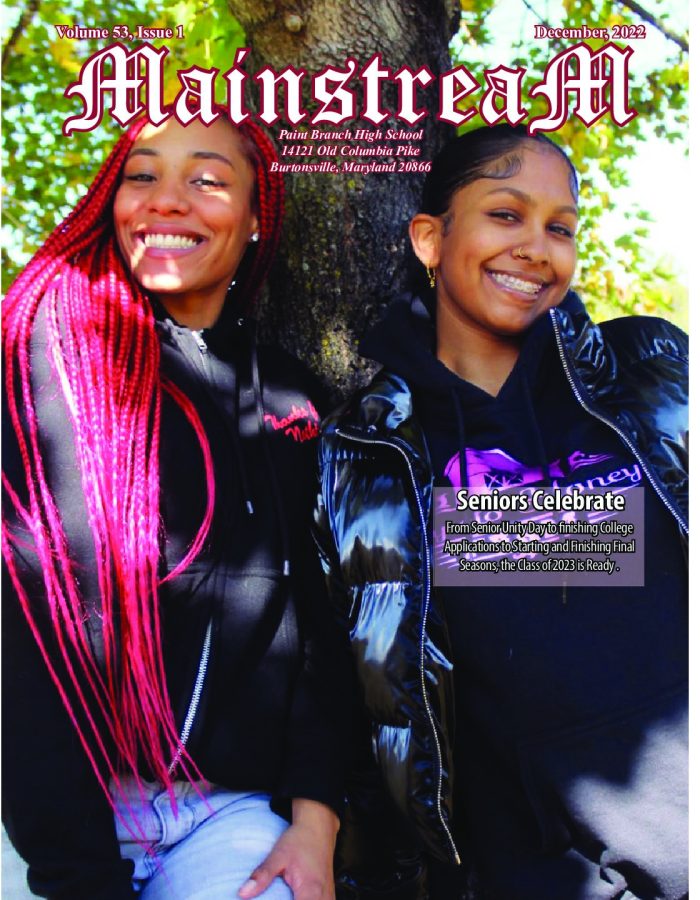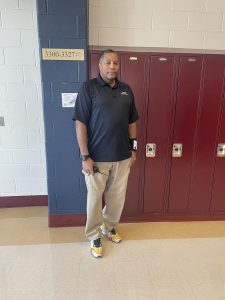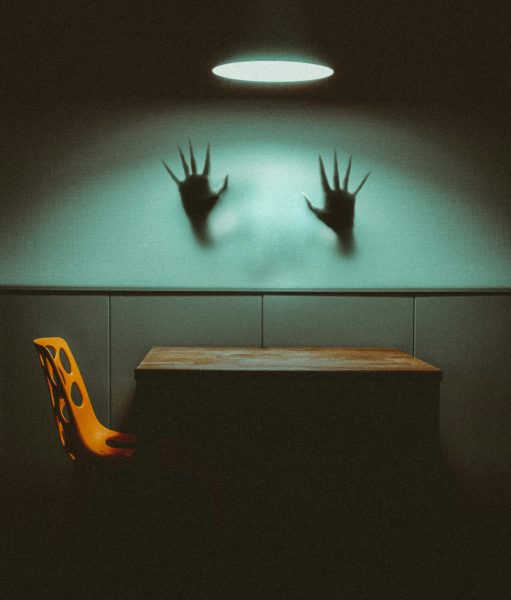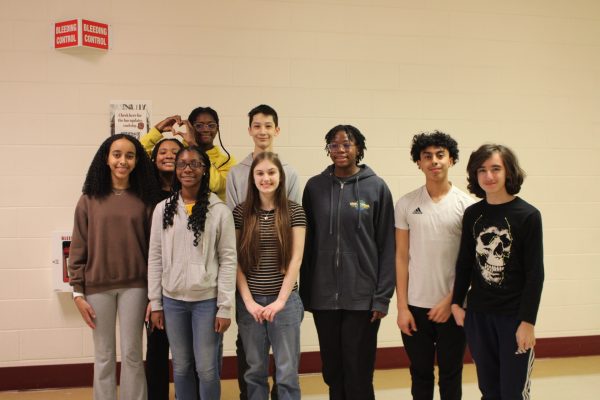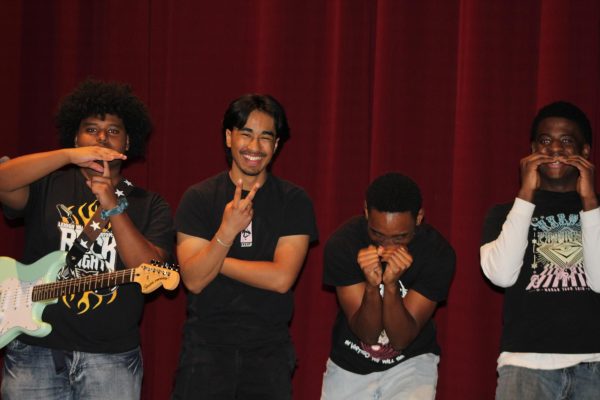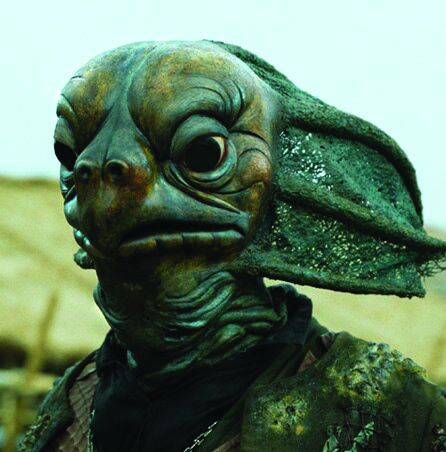Fighting for Truth, Justice, and the American Way Isn’t Just Superman’s Thing Anymore
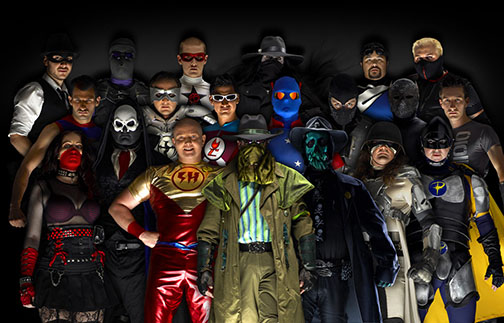
January 9, 2017
In recent years, superhero comic books have become a pop-culture sensation. They have birthed a new subculture of comic book geeks and multibillion-dollar movie companies, but no one expected that these colorful comic book panels could inspire people to become Real Life Super Heros.
The Real Life Superhero Movement is full of people who want to help their communities. These people have been inspired to don masks and capes and hit the streets in search of injustice. None of these Real Life Superheroes can break the sound barrier in their sneakers or leap tall buildings in a single bound, but what they do have is the calling to help others. Some have past experiences that motivate them, and some just hate sitting back while justice gets pushed aside. In the words of Real Life Superhero, Mr. Xtreme, “Having superpowers doesn’t necessarily make you a superhero. I think it’s having super motivation and doing super deeds.”
The majority of these costumed crusaders don’t go out at night, looking to beat down criminals. Most of these superheros help their communities by setting up fundraisers, handing out wanted posters, helping the homeless, and using their costumes as symbols to inspire others to do good deeds. The smaller minority push the limits of the law. This small group of heros do more than just help the homeless. They actively patrol the streets at night in search of any criminals. Most intimidate criminals with the threat of publicity. These heroes have stopped drug deals, assaults, robberies, fights, and even murders. These heros don’t arrive on the scene in the same vibrant spandex as the humanitarian heroes do. Body armour, helmets, tasers, pepper spray, small explosives, batons, and staffs are commodities these darker, real-life superheros carry around.
Super Hero Groups have formed in response to the drastic surge of people joining the movement. These groups include New York City’’s “New York Initiative,” Salt Lake City’s “Black Monday Society,” Seattle’s “Rain City Superhero Movement,”San Diego’s “Xtreme Justice League,” and Washington DC’s very own “Capital City Super Squad.”
Washington DC’s mightiest heroes spend most of their time under their masks handing out food to the homeless and the hungry. This humanitarian group enjoys, more than anything, helping and inspiring people to be the best they can to themselves and others. Unfortunately, they seem to be inactive as of late. According to their Facebook page, these Washingtonian Heroes haven’t publicly participated in any activity since around 2011, but their actions and heroic measures haven’t gone unnoticed. Their time under the masks could have possibly inspired a new generation of Washingtonian Superheroes.
The lighthearted Real Life Superheroes do great work and help their communities through humanitarian values. However, some don’t think that is enough. The darker side of the movement holds some very rough characters. These heroes do more than just putting up wanted posters; they actively search for and pursue wrongdoers. They sometimes pick up where the law leaves off. “Vigilante” could be a better word to describe some of these people in relation to their actions. Some ignore the law and deal out their own forms of justice.
Real Life Superhero Phoenix Jones, founder of the Rain City Superhero Movement in Seattle, Washington, records his nights as he patrols the streets. He’s stated in the ESPN documentary “Phoenix Rising” that he decided to don the costume when his car had been broken into and his son had cut his leg on the glass. Many times in his videos, he engages in fights with drunk, aggressive, or otherwise violent people. Oftentimes, he uses pepper spray to break up fights or deal with groups of violent people. Every now and then, he stops and talks to a person in need. Inspired by his heroism, more heroes joined him in his crusade, including his wife, Purple Reign.
In October 2011, this hero was unmasked live on television. As if ripped straight from the pages of a comic book, Benjamin Fodor, a professional MMA fighter revealed his secret identity to the world. At his unmasking, Ben Fodor says, “He’s just like everyone else, but he just decided to make a difference.” Though Phoenix Jones tends to get into altercations in his patrols, he says in a CNN article, “Ninety percent of what we do is watching.” Phoenix Jones has his most trusty weapon at his side at all times, his phone. He says he “calls the police and tracks down perpetrators and avoids just tackling suspects to the ground.” The Rain City Superhero movement went through uncertain times when Phoenix Jones and Purple Reign went their separate ways. This hero continued his crusade with his masked companions until 2014 when he officially declared the Rain City Superhero Movement over, but occasionally re emerges for a nightly patrol with his fellow heroes.
The broader Real Life Superhero Movement has died down in general. In its prime, from around 2007-2013, hundreds of members from all around the country patrolled their cities. Inspired by comic books and the initial heroes who took up their superhero personas, more and more people joined the movement. Unfortunately, the majority of these heroes have moved on to other causes, and we are now experiencing a shortage of masked heroes. Even though people don’t need to wear masks and capes to help their communities, the masks and secret identities of these heroes brought a certain sense of excitement and community to their cities and neighborhoods. Maybe one day soon, a new generation of masked heroes will rise up and show the same amount of enthusiasm to help their communities. All it takes is one person with the will to help others – and some spandex.

